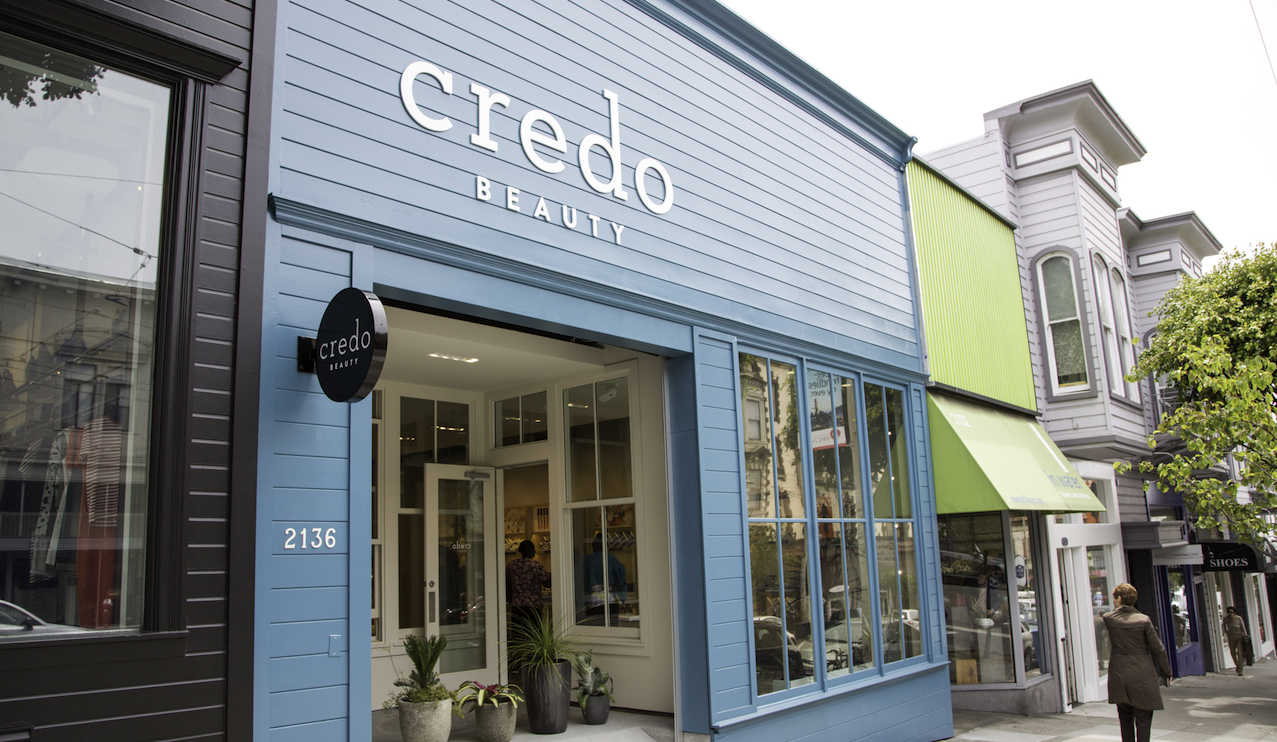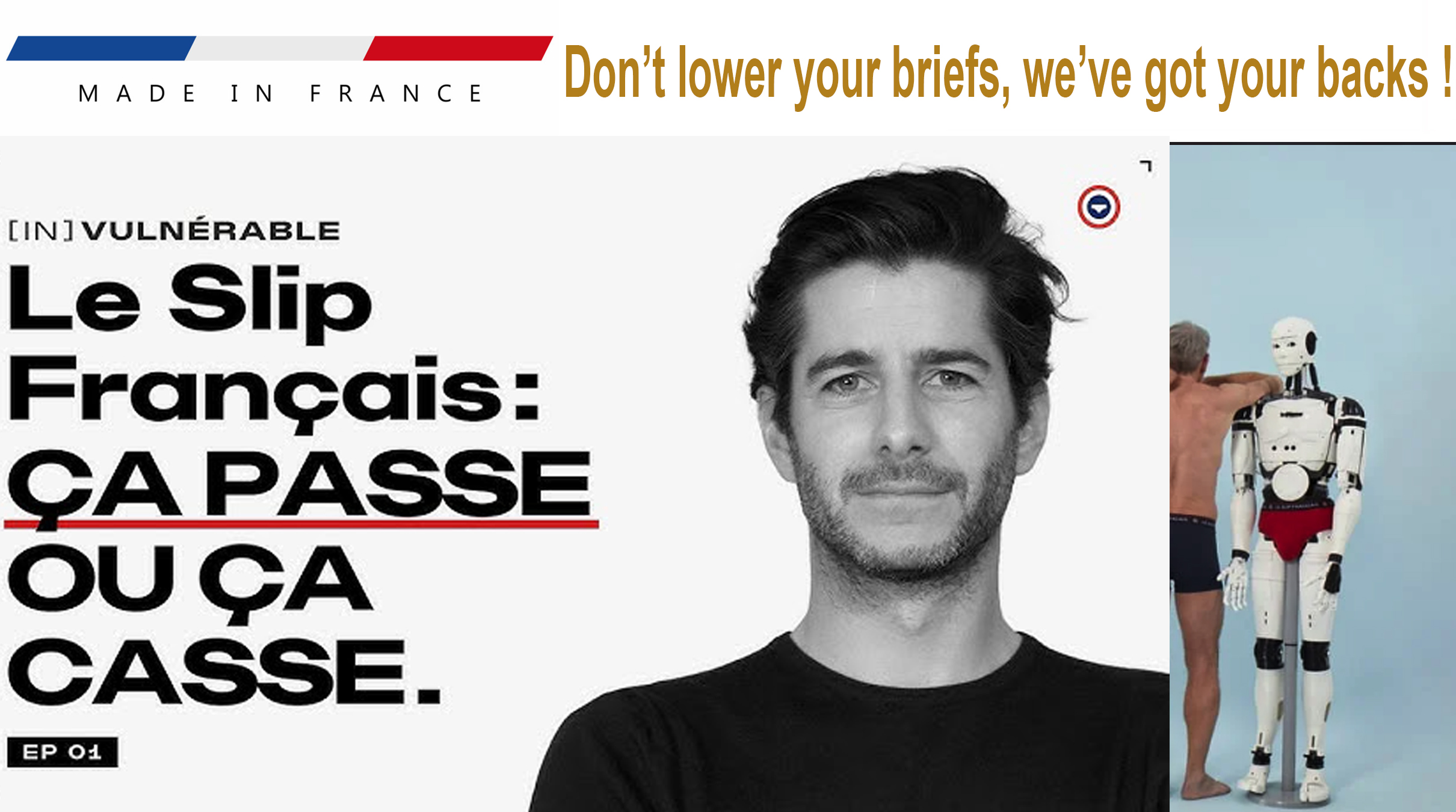Beauty & Wellness Briefing: As Credo buys Follain, what is the state of clean beauty?
This week, I dive into where we stand with clean beauty. Scroll down to use Glossy+ Comments, giving the Glossy+ community the opportunity to join discussions around industry topics. — Priya Rao
On Monday, clean beauty retailer Credo announced its purchase of clean competitor Follain.
Credo will individually review Follain’s 40 brands and integrate those that are a fit into its operations. It will also take over Follain’s Boston store in Beacon Hill. Credo currently stocks approximately 175 brands, though it is in the process of reviewing its own assortment for a tighter edit. It has 10 stores, with an eleventh opening early next year in Los Angeles’s Larchmont Village. Credo will be unveiling a new store concept in all of its locations in approximately six months. The companies would not disclose the acquisition price.
In many ways, Credo and Follain’s combining of forces is a natural end result. Both retailers are known as clean category creators, with the late Shashi Batra and Annie Jackson founding Credo in 2015. Tara Foley, Follain founder and CEO, launched Follain in 2013. Foley will stay on as an advisor to Credo.
“There was so much alignment between the two companies,” said Jackson. “There’s been a lot of collaboration in our space; we try to always be friends and partners with anyone out there committed to putting super products on their shelves. …We have a long history with Follain. It will make the impact of the work that we do that much stronger.”
Credo and Follain also have deep connections to Ulta Beauty. Ulta Beauty announced its own clean program and a Credo Beauty partnership in 2020, and it also stocks Follain’s private-label brand. Follain’s private-label line will continue as is and will become the third owned Credo brand, following its launch of sunscreen line EleVen by Venus Williams and Exa, a clean foundation brand, both in 2020.
“Follain makes strategic sense to our long-term, strategic growth plan,” said Stuart Millar, CEO of Credo. Millar joined the company from Aesop in February. “If we were to acquire an online platform that was 50% clean and 50% conventional, then there would be real questions to be asked as to the motivation for doing so. Follain allows us to be focused on growing our voice, growing our impact and growing our business.” Year-over-year Credo has seen high double-digit comp growth.
Since Credo and Follain were founded, clean beauty has gone from niche to mainstream. About a decade into clean’s trajectory, new founders are regularly popping up and describing an “a ha moment” — while shopping for products while pregnant, for example — that prompted their clean brand launch. Their stories feel much less novel, compared to that of Tiffany Masterson, founder of Drunk Elephant, who introduced her “Suspicious 6” ingredient list in 2013.
Furthermore, many of clean beauty’s original brands have been acquired by conglomerates. That includes Tatcha and Paula’s Choice, which are now owned by Unilever; Drunk Elephant, which was bought by Shiseido; and most recently, Tata Harper, which was purchased by Amorepacific. Now acquirers have moved from clean skincare and set their eyes on clean color, with Ilia being the first to be sold to the Courtin-Clarins family holding company, Famille C, in February. Consolidation has occurred on the retail side, as well, with Detox Market buying Canadian competitors Clementine Fields in 2020, Freshfaced.ca in 2016 and Husk in 2015.
As clean beauty became table stakes for retailers, such as Sephora and Target, as we all as emerging brands, it has seen backlash. Charlotte Palermino, the founder of one of TikTok’s favorite skin-care brands, Dieux, has said outright that a “clean” label doesn’t mean anything. And Susan Yara has also been adamant that Naturium did not bank on clean positioning, stating that problem-solution beauty is what consumers are after. In its wake, “cleanical” brands and problem-solution-oriented brands with experts at the helm have seen a wave of success.
“Customers have gotten more sophisticated with their concerns, with eczema, dermatitis, rosacea and skin cycling seeing significant growth in search,” said Yarden Horowitz, co-founder of Spate, an AI trend forecasting platform. “Tretonin is seeing 1 million searches a month and 16% year-over-year growth. That is not slowing down any time soon, and that’s something you need a prescription for from a dermatologist.”
Cristina Nunez, co-founder and general partner of True Beauty Ventures, said, “Unlike the OG clean skin-care brands, like Drunk Elephant, Tata [Harper] or Farmacy, for example, clean today is a product attribute, not a brand identity. While clean drove an industry-wide movement, it was and continues to be largely consumer-driven. Today’s shopper looks for a clean formula just as they might choose products that are safe for sensitive skin or that won’t inflame acne.” True Beauty Ventures has investments in Dieux as well as clean brands Crown Affair and Moon Juice. “TBV is invested in clean brands, but not solely because they are clean. It is not a ‘do not pass go’ assessment,” she said.
“Where brands and consumers increasingly have a problem with clean is that it is not universally defined. As a result, it can lead to misinformation, misrepresentation and sometimes misuse,” added Nunez. “We need more consolidation versus confusion in clean beauty. Today, we have each retailer and brand using its own definition without consistency and clarity. The Ulta-Credo partnership was a step in the right direction, with Ulta adopting an already established definition of clean, the Credo Clean Standard.”
Still, clean beauty is not facing a downturn. According to recent data from Spate, clean beauty has seen a 13.8% increase in year-over-year growth; average monthly searches for clean products are 32,000. Top searches include “clean beauty,” “clean beauty products,” “clean beauty brands,” “Sephora clean beauty,” “clean beauty vitamin c serum, “Credo clean beauty” and “best clean beauty brands.” The fact that Credo stands out so significantly shows it is synonymous with the category. And the individual clean brands with the most search volume include Deciem (1.9 million), Olaplex (1.5 million) and Beautycounter (423,700).
And newer clean brands are seeing success in search, underscoring clean’s ongoing relevance. Maya Chia, Merit and Topicals are all on an upward trajectory, with Topicals seeing a 135% year-over-year increase and, on average, over 27,000 search hits a month.
Still, Horowitz credits Topicals’ and Merit’s growth not only to their status as clean brands. “It’s not enough to just be a clean beauty brand; consumers are choosing Topicals because of their aesthetic and branding, and for their hyper-targeted products for hyperpigmentation and discoloration which consumers are more educated on.”
Jackson acknowledged that the bar for clean has gotten higher. “We certainly started [Credo] around questioning ingredients, but we’ve moved on in a big way,” she said. She noted the company’s work in sustainability and its Pact Collective, the first not-for-profit packaging collection program it created in partnership with Hudson’s Bay Company and MOB, among others. “But ultimately, greenwashing is not OK. If you’ve met Credo’s high standards, that’s great, but it doesn’t mean there’s not a lot of work to do out there. Clean has to keep evolving.”
Reading List
Inside Our Coverage
People are flying across the world for TikTok’s viral hairstylists
Why beauty brands are flocking to OTC skin care
Stories I’m Reading
Morphe parent company Forma Brands said mulling options, including Chapter 11
Travel retail cruises despite headwinds
We want to hear from you. Take this quick five-minute survey to help Glossy learn how to make our products even better and you’ll be entered to win one of five $25 Amazon gift cards.





